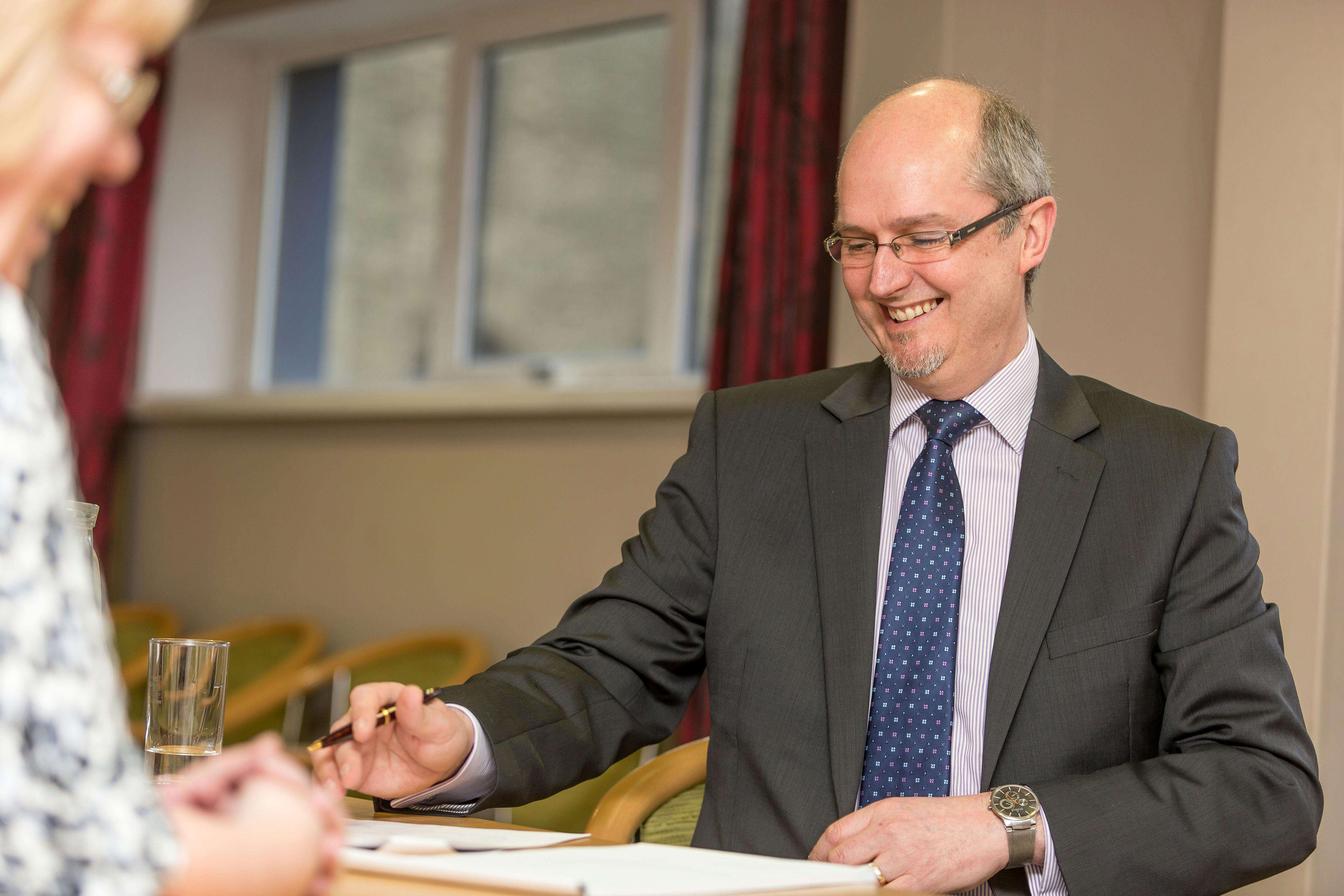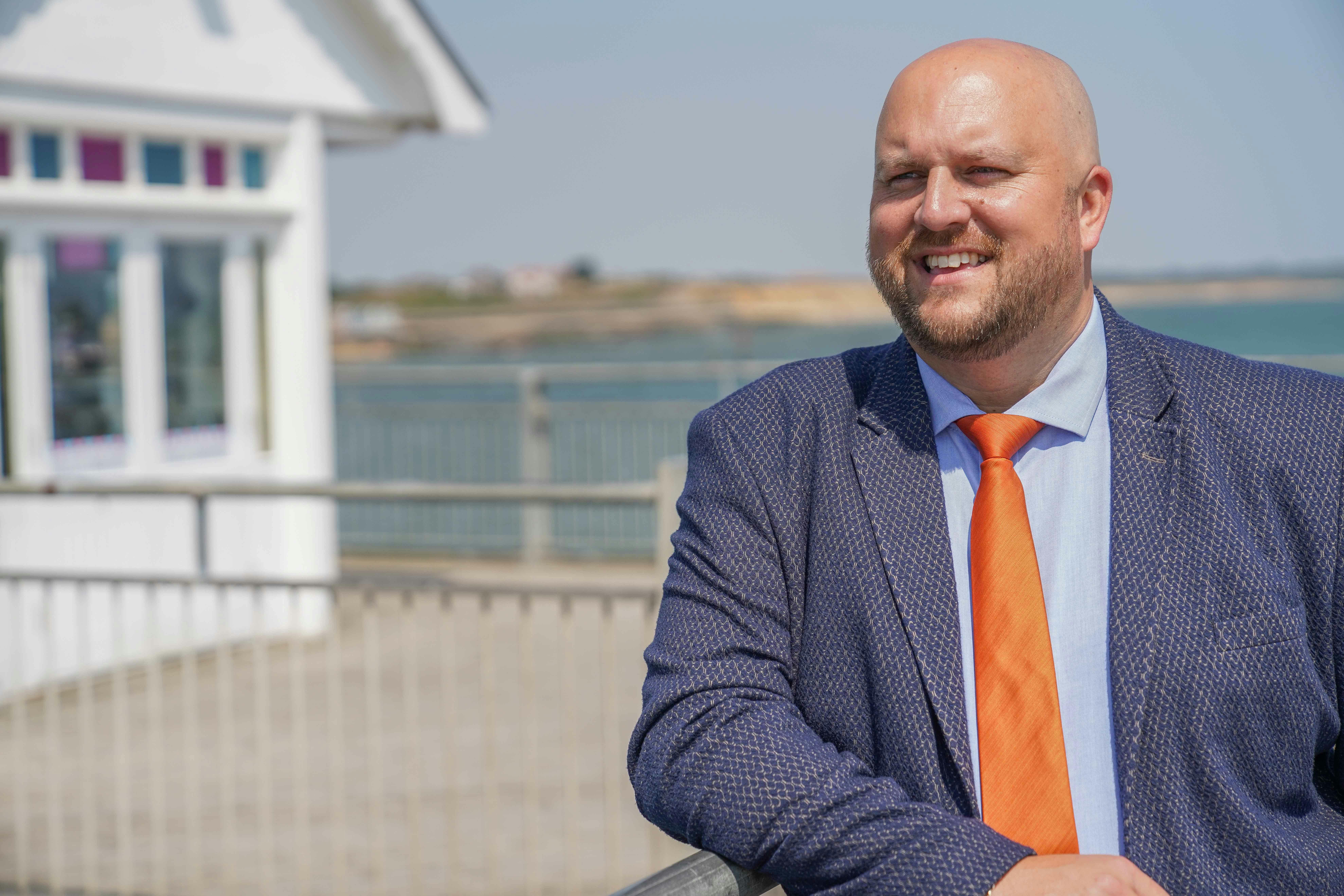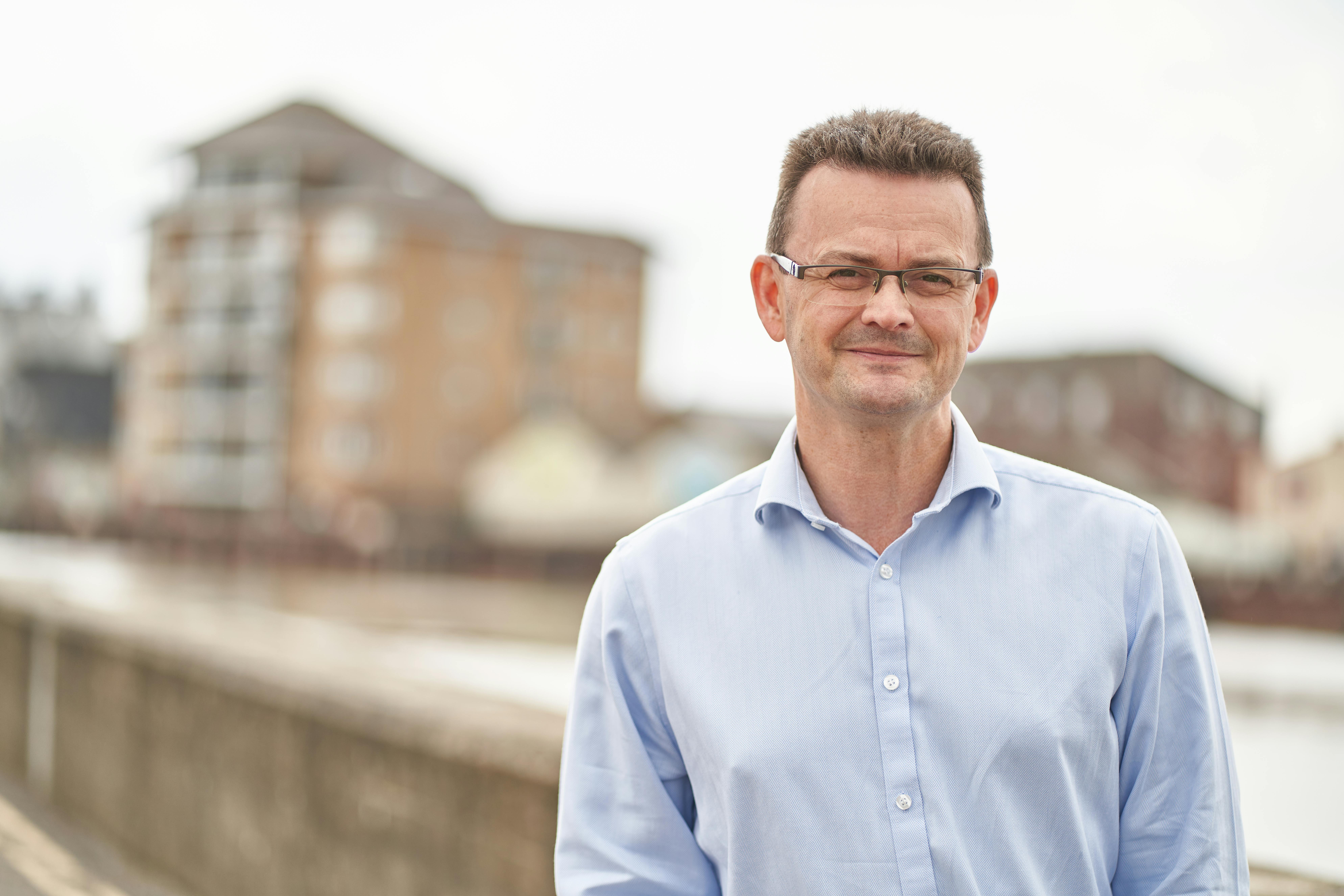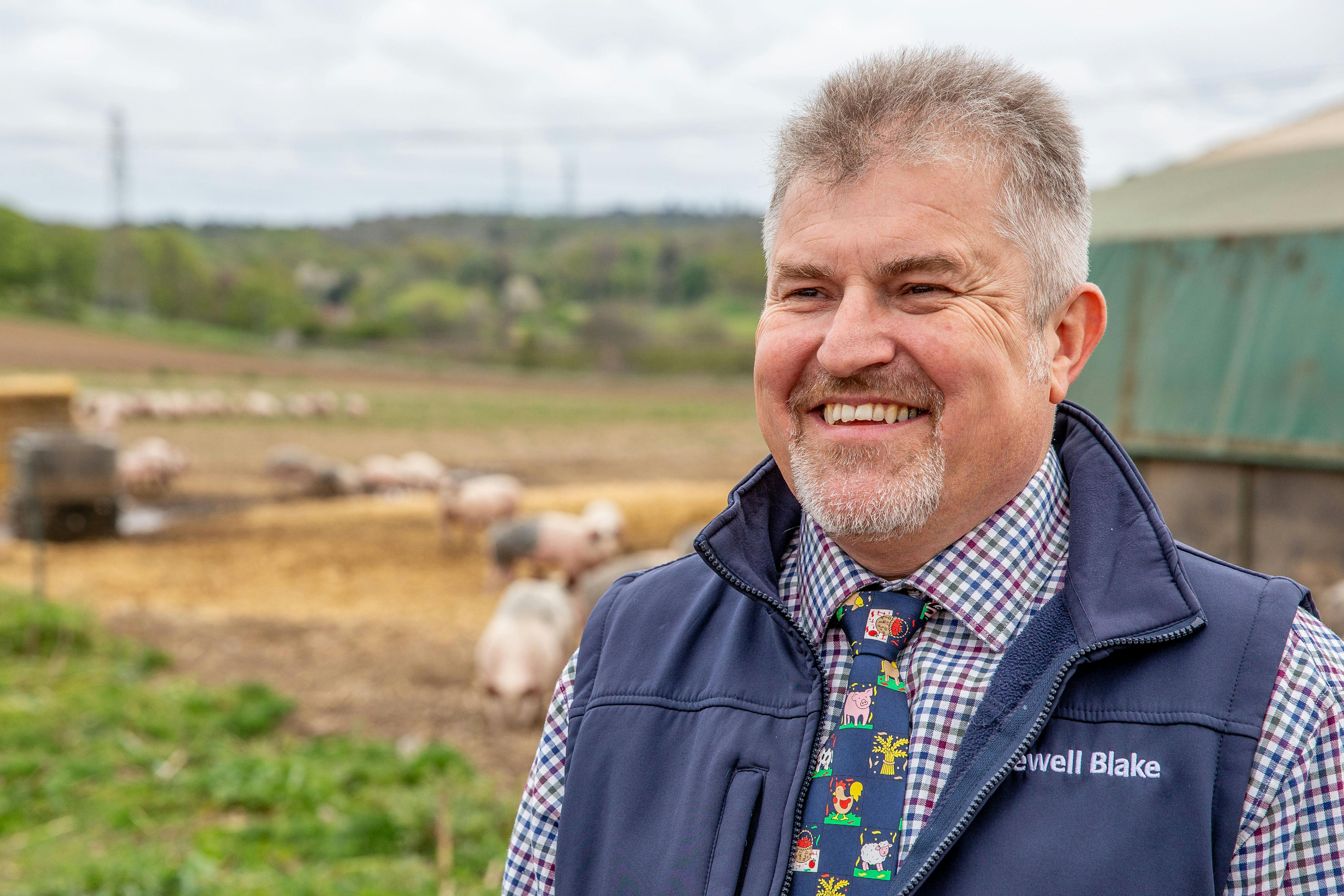The Bank’s Monetary Policy Committee increased the rate by 0.25% from 5% - the 14th increase in a row.
It is a 15-year high for the base rate, which was last at this level in April 2008.
Vicky Pryce, Economic Advisory Council member at the British Chambers of Commerce (BCC), said:
‘Businesses across the UK will be fervently hoping that today’s rise in interest rates is the last they will see.
‘While many firms will have already factored this increase into their plans, it is clear from the recent rise in insolvencies that the economic environment is becoming stacked against smaller firms. They are the ones with less cash reserves in the bank and greater exposure to finance.
‘And there is now a real danger that the economy could be pushed into recession as it takes 18 months for changes in interest rate rises to filter through. With all the cumulative pressure of past rises yet to come, business will be watching closely for any further indications on the Bank’s plans.
Internet link: Bank of England website BCC website









